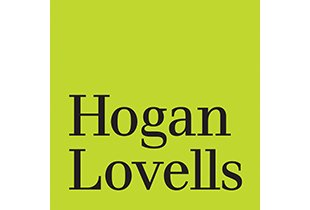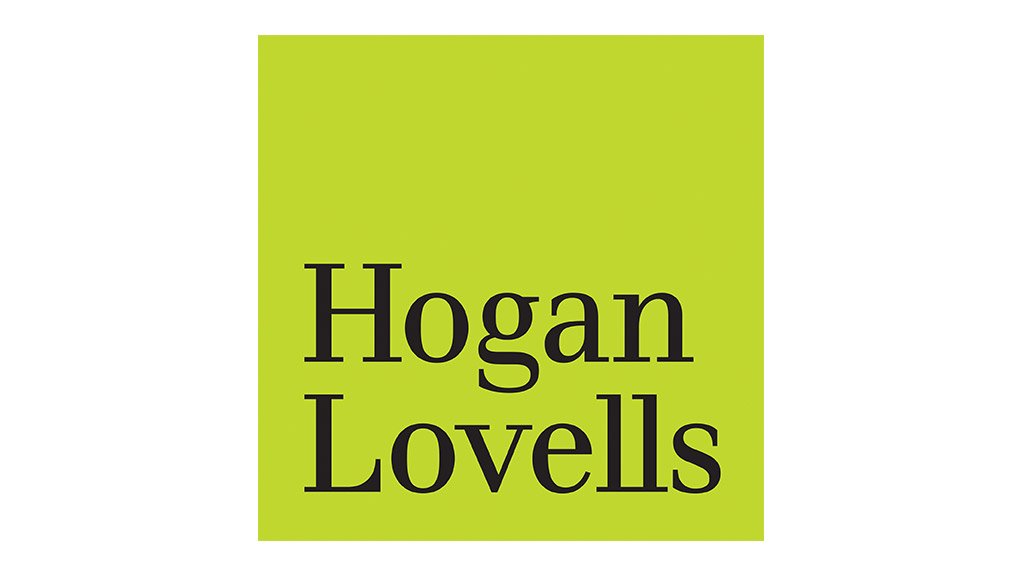Business related human rights impacts occur more frequently in the extractive sector than in any other. Further, it is estimated that over two thirds of business related human rights impacts occur in Africa, Latin America, Asia and the Pacific, according to research carried out by the United Nations.
Businesses operating in the sector have faced civil claims worth hundreds of millions of dollars, boycotts, divestment campaigns and their executives have faced personal, criminal liability.
It is therefore crucial that businesses operating in the sector understand human rights risk, how they might become involved in an adverse human rights impact and what they should do to regulate their conduct in response.
How might a business be involved in an adverse human rights impact?
Like any business, businesses in the energy and natural resources sector may cause an adverse human rights impact.
This may occur in relation to its own personnel if for example, it discriminates against women or a racial group in its recruitment practices.
Accordingly, it will be responsible for ceasing the discriminatory practice and actively engaging in its remediation, for example through financial compensation. In most jurisdictions, this will likely be determined in accordance with the relevant domestic employment law.
Where this is not the case (either because of a gap in the law or because the law is not enforced), business enterprises are expected to respect the principles of internationally recognized human rights to the greatest extent possible in the circumstances, and to be able to demonstrate these efforts.
Another example of causation commonly encountered in the extractive sector is in relation to environmental rights. According to the UN a safe, clean, healthy and sustainable environment is integral to the full enjoyment of a wide range of human rights, including the rights to life, health, food, water and sanitation.
A mine operator, for example, that is responsible for discharge of toxic substances into a local water course may cause a range of adverse human rights impacts. This may result in civil or criminal liability under domestic law or overseas, for example in the courts where the parent company is domiciled. Even if such liability does not arise, the business will still have caused an adverse human rights impact according to the UN Guiding Principles (UNGPs).
It will be expected to cease the activity resulting in the impact, for example by taking steps to prevent further pollution, and actively engage in its remediation, most likely by providing compensation.
Impacts caused by a third party
The nature of the services and products offered by businesses in the energy and natural resources sector also raises the possibility of involvement in an adverse impact caused by a third party, including a state or a company in its supply chain.
It is not always easy to determine whether this involvement amounts to contribution to an impact as opposed to direct linkage with an impact through its products and services.
Under the UNGPs, this distinction is significant as it will determine whether the business is required to contribute to the remediation of the impact. Therefore, it is necessary for the team tasked with due diligence to be able to categorise the nature of involvement in a potential or actual human rights impact.
Where a business contributes to an adverse impact, it will be required to cease or change the relevant activity in order to prevent or mitigate the impact and to contribute to its remediation.
The final category of involvement is “direct linkage”, which arises where a business does not cause or contribute to an adverse human rights impact but is otherwise linked to it through its products, operations or services. For example, where a supplier subcontracts work to a supplier who (without the purchaser’s actual or constructive knowledge) uses child labour, the purchaser will be directly linked to the impact.
Once they become aware of this link, the purchaser has a responsibility to act. However, it is not required to remediate the harm.
Termination
A common response to such information would be to terminate the contract with the supplier. The threat of termination may be a useful way of exercising leverage over the supplier to prevent, mitigate and remediate adverse human rights impacts which it causes or contributes to and we recommend including a provision in your contracts with suppliers to give you this right.
However, termination is not always the right answer.
The UNGPs require that a company which is directly linked with an adverse human rights impact uses its leverage over the party that causes or contributes to the impact to mitigate and / or remedy its impact and to prevent future impacts. The effectiveness of a remedy should be judged according to what the rights-holder would consider to be effective.
In practice, many of the impacts associated with a business’s products and services will fall into the category of “direct linkage” meaning that its primary responsibility will be to use leverage over third parties to prevent and mitigate a future impact and remediate an actual impact (rather than, necessarily, contributing to remediation itself). This is especially the case where the business has adequate due diligence procedures in place and integrates the findings into its operations.
Using leverage to prevent or mitigate an adverse human rights impact
Leverage is an advantage that gives power to influence a third party. In the context of the UNGPs, it refers to the ability to effect change in the wrongful practices of another party that is causing or contributing to an adverse human rights impact.
It is the responsibility of a business to use its leverage over third parties to mitigate or prevent an adverse human rights impact. Where a business does not have sufficient leverage to do so, it is expected to take steps to increase its leverage.
What does the responsibility to remediate entail?
The UNGPs require that, where a business causes or contributes to an adverse impact, it provides for or cooperates in its remediation through legitimate processes taking care not to preclude access to judicial or non-judicial grievance mechanisms.
Otherwise, where a business’s products or services are directly linked with an adverse impact, it may participate in remediation but it is not required to do so, unless this is required by domestic law.
Identifying these human rights and understanding how their contours have been drawn through the jurisprudence of the United Nations and others so as to give rise to obligations for a business in the energy and natural resources sector is a complex task. It requires specialist legal knowledge of international human rights law and its interaction with the UNGPs, domestic and international law.
Businesses are nevertheless expected to understand this and structure their operations accordingly. What’s more, the same applies to the full spectrum of international human rights law and failure to get it right can materially affect a business’s legal risk profile and bottom line. In extreme cases, the liberty of its executives may be at risk.
Written by Warren Beech, partner and head of mining, Hogan Lovells






